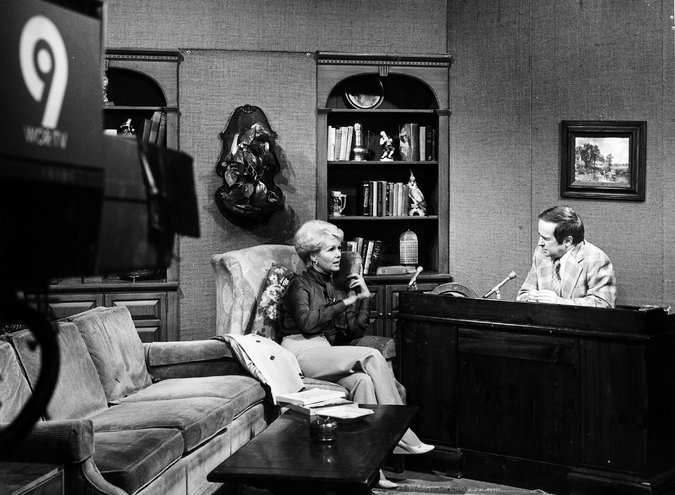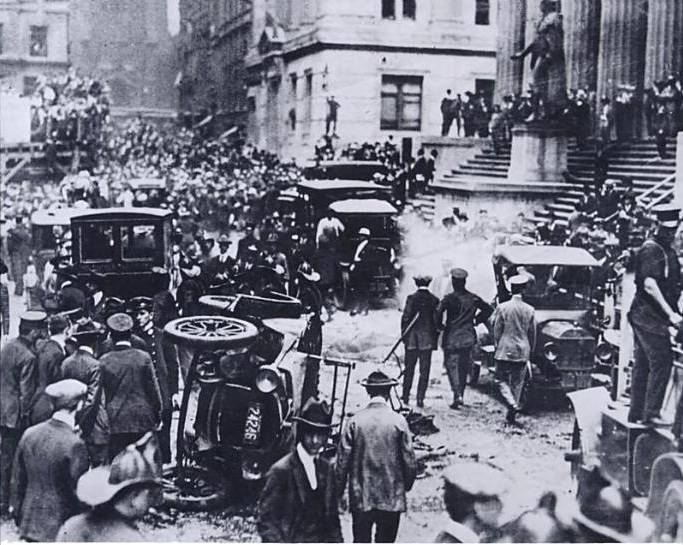Joe Franklin had a talk show on television for more than 40 years, until somebody found out.
Like a Ben Katchor character come to life, he possessed an encyclopedic memory for things nobody cared about anymore, hoarding popular culture which had grown unpopular and doggedly appreciating vanishing entertainments: platters of wax, alleys of tin pan, anecdotes of Eddie Cantor. That he occasionally welcomed a cutting-edge guest seemed almost an accident of mathematical possibility, the stopped clock being right twice a day. Franklin always insisted that he had never dyed his hair; the bottle of shoe polish declined comment. He was apparently married to a woman who did some Bettie Page-ish bondage modeling back in the day. Who knew? An excerpt from his New York Times obituary penned by James Barron:
What came to be considered campy began as pioneering programming: the first regular program that Channel 7 had ever broadcast at noon. WJZ-TV, as the station was known then, had not been signing on until late afternoon before the premiere of “Joe Franklin — Disk Jockey” on Jan. 8, 1951.
Soon celebrities like Elvis Presley, Bing Crosby and John F. Kennedy were making their way to the dingy basement studio on West 67th Street — a room with hot lights that was “twice the size of a cab,” Mr. Franklin recalled in 2002. He booked Woody Allen, Dustin Hoffman, Barbra Streisand, Bill Cosby and Liza Minnelli as guests when they were just starting out, and hired two other young performers, Bette Midler and Barry Manilow, as his in-house singer and accompanist.
“My show was often like a zoo,” he said in 2002. “I’d mix Margaret Mead with the man who whistled through his nose, or Richard Nixon with the tap-dancing dentist.”
Mr. Franklin claimed a perfect attendance record: He said he never missed a show. Bob Diamond, his director for the last 18 years of his television career, said that there were a few times in the days of live broadcasts when the show had to start without Mr. Franklin. But Mr. Franklin always got there eventually.
And he always seemed to have a gimmick. He celebrated his 40th anniversary on television by interviewing himself, using a split-screen arrangement. “I got a few questions I’m planning to surprise myself with,” he said before he began.
Had he been asked, he could have told viewers that he was born Joe Fortgang in the Bronx. He explained in his memoir, “Up Late With Joe Franklin,” written with R. J. Marx, that his press materials had long said that he had been born in 1928, “but I’m going to come clean and admit that my real birth date was March 9, 1926.” He was the son of Martin and Anna Fortgang; his father was a paper-and-twine dealer who had gone to Public School 158 with James Cagney.•


